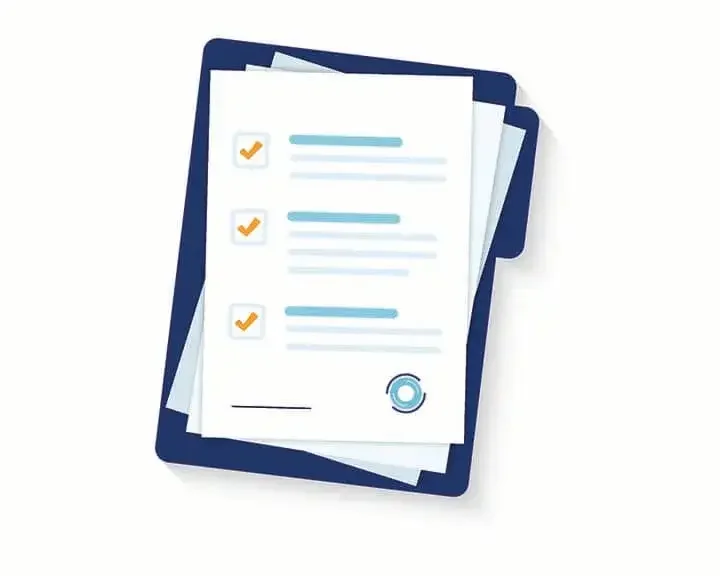When you have a creative work or idea that you'd like to submit for publication or production, you may be asked to sign a submission release form, particularly if you're submitting the work yourself and not through an agent. Submission release forms are most commonly used with music or screenplays and is actually more of a waiver of rights. If you go the route of contacting a production company directly, it is almost certain they will ask you to sign a submission release form in exchange for reviewing your script. There are other types of release forms that are more commonly used for photography, writing, and other creative works and these protect your rights. It is critical that you understand the differences.

Purpose of a submission release form
A submission release form is a document that ensures that the creator of a work waives any right to sue for issues such as copyright infringement, breach of implied contract, or breach of a confidential relationship.
Film studios and production companies receive many unsolicited submissions—from both agents and unrepresented writers—which can expose them to liability, especially if the company ends up developing a project similar to one that has been submitted. For this reason, most do not accept unsolicited screenplays, scripts, or ideas. If they do, you can count on them asking for a signed submission release form to protect themselves from legal action and claims of theft.
However, if the studio or production company uses any of your work that is protected by copyright, the submission release form usually states that you will be paid market value for the rights. Even so, remember that the release is neither a contract nor a promise to buy your work.
If you sign a submission release form, look for a clause that says any disputes between the two sides will be resolved in arbitration rather than in litigation. This is important because arbitration is much cheaper and less of a financial burden on you.
While it may sound daunting to sign such a form if you are still looking for a home for your script after several unsuccessful attempts, signing a submission release form is hardly a bad idea if that's all that's standing between you and a movie deal. Without an agent, and sometimes even with one, submission release forms are a cost of doing business.
Other common types of release forms
When a production company wants to use a song in a film, they need permission from the copyright owner. A music release form grants either licensing rights to the song or songs or a complete transfer of the copyright to the music.
If others wish to use your images, such as photography or paintings, you should have them sign a print release form or a copyright release form, depending on whether the use is personal or commercial. If a client wants to use a photo on a blog monetized by ads—which makes it commercial—they would need a copyright release form. However, if a client wanted to have the photo blown up and printed on a canvas for home décor—a personal use—then only a print release form is needed.
As a photographer, whenever you use a human model, you should have them sign a model release form, also known as a model consent release form. This document gives you permission to use their likeness in your creative work and then to print, publish, and reproduce that work. If the human subject is a minor, the legal guardian should sign the media release form.
Interviewing guests on a podcast also requires a special release. A guest may decide that they don't like how the episode turned out, change the opinions they expressed, or no longer want to be affiliated with you and ask you to remove the episode. The purpose of the form is to protect your right to record, use, and publish the interview—containing their voice, ideas, thoughts, opinions, etc.—without the fear that you will have to honor a request to take down an episode or, worse yet, face legal action.
The wide variety of release forms out there means you need to fully understand the rights you are receiving, granting, or waiving by signing. Protect yourself by taking the time to draft or read the document carefully, or even have an attorney do so for you.

